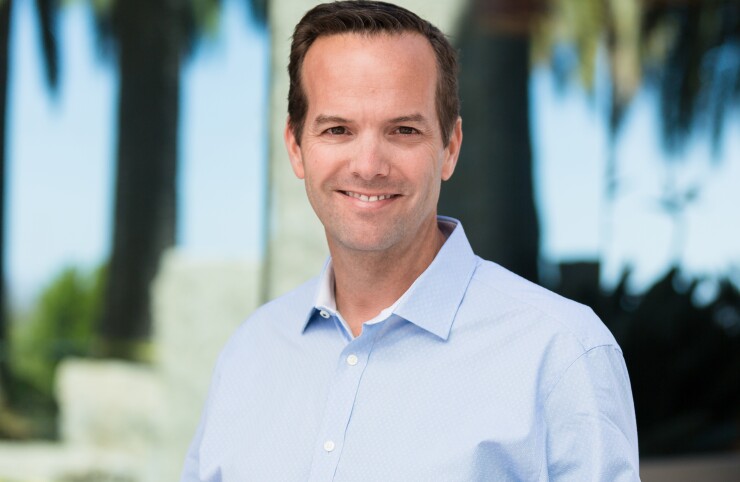The Consumer Financial Protection Bureau created a buzz in the fintech community when it issued a no-action letter to the online lender Upstart Network.
It is the first issued to a fintech company, and it gives the San Carlos, Calif., startup a bit of
The arrangement is part of the bureau's Project Catalyst program that is meant to foster innovation.

In an interview Friday, Upstart co-founder and CEO Dave Girouard explained why the fintech applied for the letter and how it works. Girouard was previously president of Google Enterprise and a software developer at Accenture.
Is it fair to think of a no-action letter as a stay-out-of-jail-free card?
DAVE GIROUARD: We’re careful about not trying to interpret it in any way that is different than what the CFPB says it is. The letter makes it clear that they have reviewed what we do and how we do what we do and that they don’t find issue with it.
What drove you to apply for a no-action letter? Were you concerned the CFPB might start some sort of investigation?
We had no such concerns. Even before we came out as a company, we had a lot of sensitivity to the fact that we are in a very regulated environment. We made an early decision that we would operate in a very transparent and proactive manner with regulators.
So even before we launched our product, we saw the CFPB in person and said, here’s what we’re aiming to do and why we’re doing it and why we think it’s a benefit to the consumer. And over time, as we’ve talked to investors, banks, people that are partners of ours in one way or another — naturally people asked about fair lending and, because we’re using alternative data, do we feel we have issues there.
We began measuring for disparate impact quite a while ago. Taking our word for it is only one step, but having a statement from a regulator such as we got [Thursday] is much more meaningful to a third party who is contemplating doing business with us in some fashion.
We early on decided this was an important issue to get in front of. The CFPB was very open and helpful to somebody like us who was breaking some new ground in terms of their own education and their own ability to regulate in a new world. But we never had any threat of enforcement that pushed us in this direction.
How do you feel about the agreement?
We’re pleased that the CFPB recognized the consumer advantage of alternative data and machine learning, the fact that it could make affordable credit more broadly available to more people. We’re demonstrating that.
So it’s not just about Upstart for sure — it's the acceptance of these more modern techniques because they can and will benefit consumers broadly over time. From our perspective, that’s what makes this really compelling.





